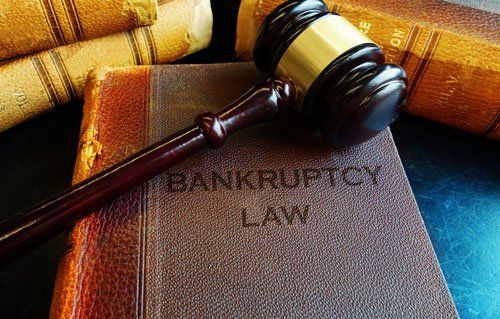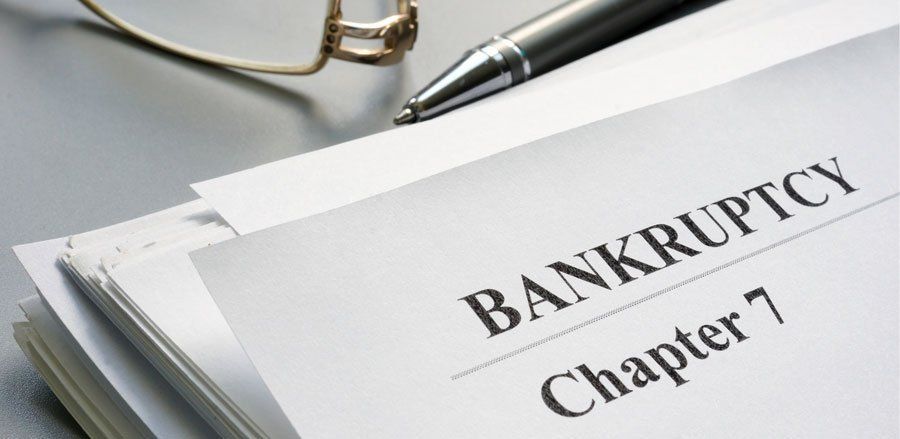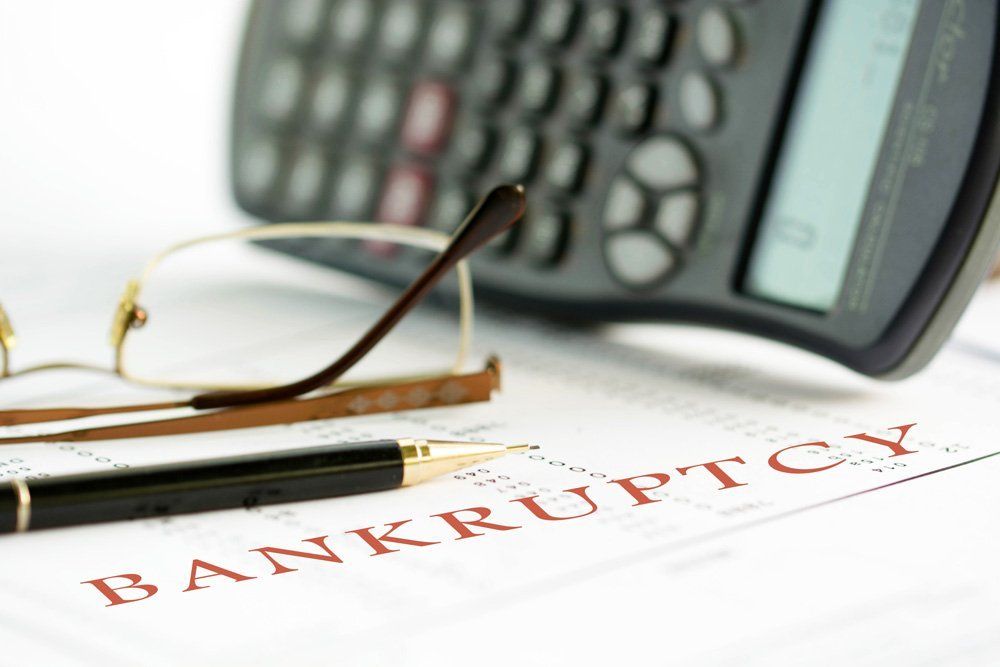5 Steps for a Smoother Bankruptcy Process

The process of bankruptcy can be complex, and many individuals know that they want to declare it without knowing what will happen next. Once you've decided to take this step, you can do a few things to make the process easier.
1. Hire a Bankruptcy Attorney
Technically, you can declare bankruptcy by filling out the applicable forms and paying a fee. However, that doesn't mean that your bankruptcy will be approved. A lawyer will produce your documentation for you to ensure that all of your bases are covered, that you're declaring bankruptcy properly, and that everything you need has been included.
Bankruptcy-specialized attorneys understand the process and can complete it faster. Further, a bankruptcy attorney usually isn't expensive. Some individuals hesitate to work with an attorney because they don't want to go even more in debt, but many attorneys have payment plans and reasonable rates.
2. Think About What You Want to Keep
Bankruptcy exemptions let you keep certain assets. You'll be able to keep your house and your cars, up to a certain amount. You'll also be able to keep most of your personal possessions if they aren't worth a significant amount.
Think about what you want to keep. This may not be a straightforward answer. If you currently have an $8,000 car with a $7,000 loan, the bankruptcy will likely let you keep it because you only have $1,000 in equity on it. However, you'll have to re-certify the loan with the dealership, and you may not want an expensive loan anymore. How much you owe can influence which items are the smartest to keep.
3. Cancel Automatic Payments
Creditors are supposed to cancel any payments on their end, but they may miss them. If you want to avoid further money being collected from you during the bankruptcy process, you should cancel any automated payments.
Creditors are not going to be able to resume collecting payments from you throughout the bankruptcy process, so you will be protected from all collection actions for a time. While your bankruptcy is ongoing, you do not need to send in any debt-related payments.
4. Contact Your Utility Companies
If you owe a back balance to your utility companies, they won't be able to pursue you for them while you're declaring bankruptcy. However, they can take your deposit to pay for your back balances. Some utility companies collect a deposit when you first open your account. Once that deposit is depleted, they may ask you to post a new deposit entirely.
Consequently, you may want to call your utility company early on and find out as much as you can about your deposit and their policies. If you suspect you might need to put down another deposit, set aside some money to do so.
5. Move Your Funds
If you owe a bank money, they may be able to shift money around from your other accounts with them to pay for that debt. They cannot take collection action during the bankruptcy, but they can pay off debts in one account from another. To avoid this, you can move your money to another bank.
It's illegal to hide money through a bankruptcy or to send money to family and friends prior to a bankruptcy, but there is nothing wrong with moving your funds from one bank to another bank.
Declaring bankruptcy may be disruptive short-term, but long-term it will give you firm financial footing on which you can grow. Hiring a bankruptcy attorney early on in the process can be the best way to navigate it correctly. If you're thinking about declaring bankruptcy, contact The Law Office of Joe R. "Jay" Johnson, II.









